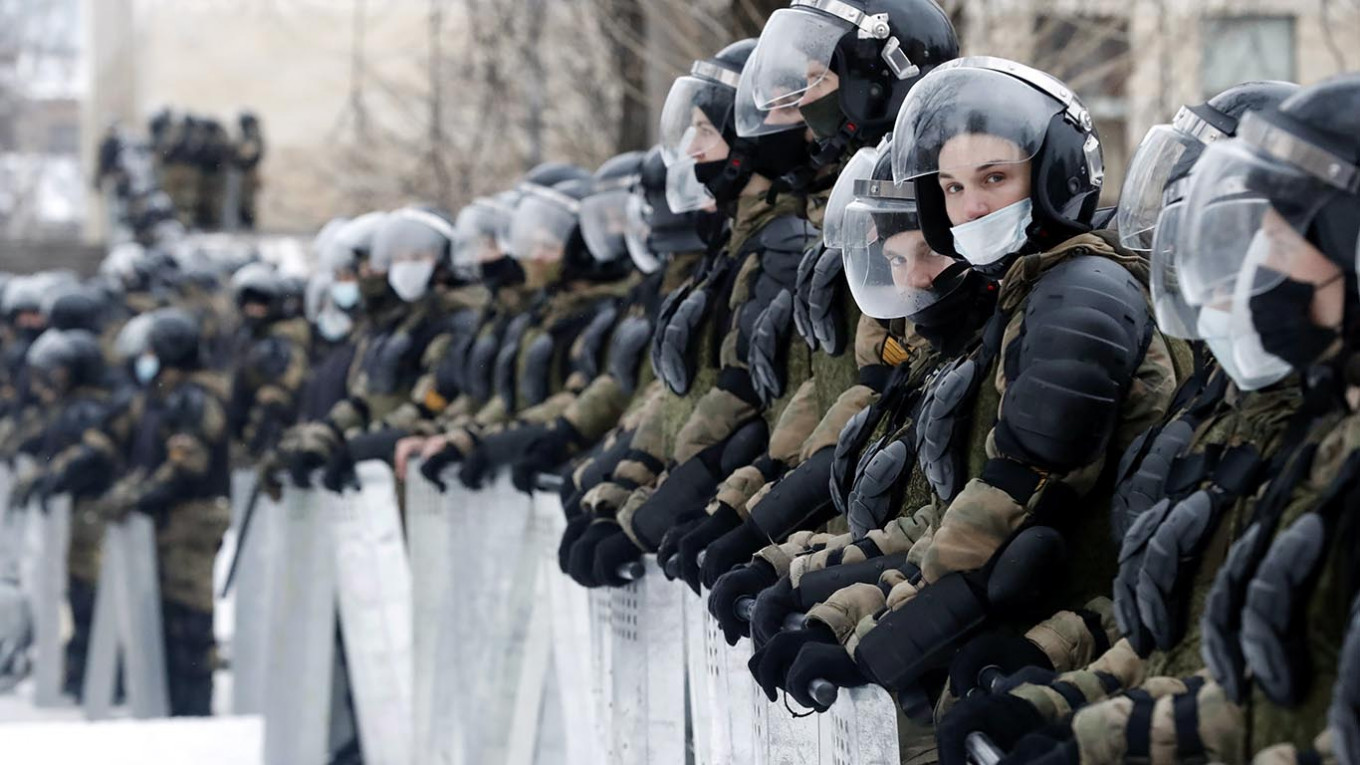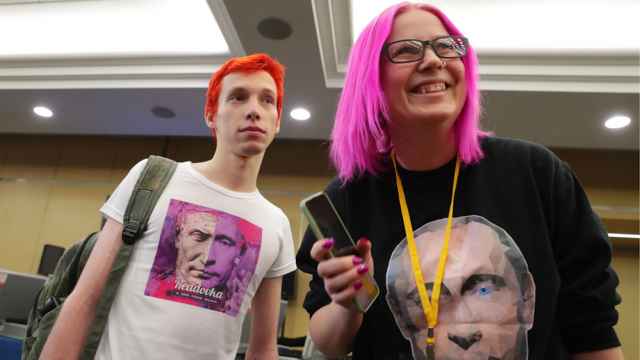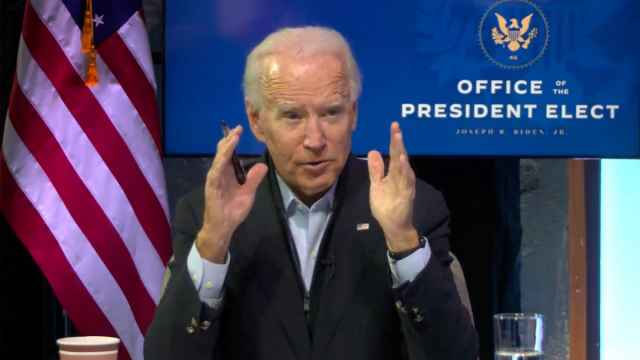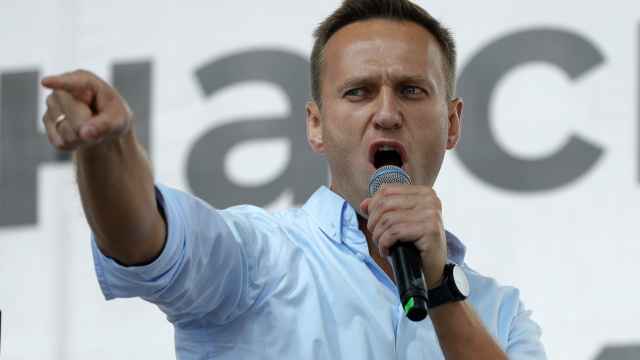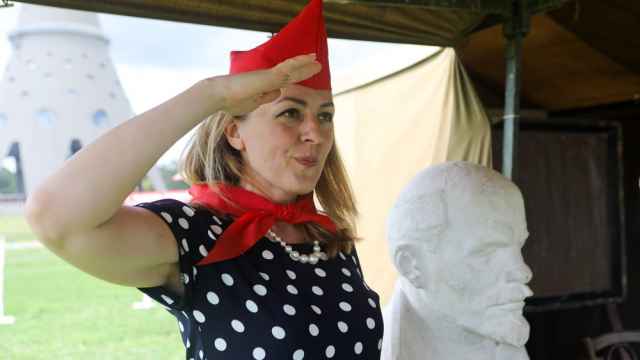The share of Russians who say they’re not interested in politics has reached its highest level of the modern era, a survey by the independent Levada Center polling agency said Tuesday.
According to the poll, nearly one-third of Russians, or 27%, said they are not interested in politics at all, compared to 12% of Russians who said they were indifferent to politics in October 1990.
“The average person sees that the authorities are tightening the political line, so this person blocks bad news and generally tries to stay away from politics,” Andrei Kolesnikov, senior associate at the Carnegie Moscow Center, told The Moscow Times. “This is a psychological defense reaction, and a really conformist one.”
Nearly half (45%) of respondents said that they closely follow politics but don’t intend to play an active role in political life. Only 3% take part in political activities such as rallies and 23% openly distance themselves from politics.
“In other words, exactly half of Russia's population is out of politics,” Levada Center director Lev Gudkov wrote.
Only 10% of young Russians aged 18-24 said they cared about politics to a "very large" or "large" extent, Levada said. Older Russians aged 65 and older had the greatest interest in politics of any age group at about 14%.
The share of those who were indifferent to politics remained consistent across age groups, with 28% of people aged 18-24, 26% of those aged 25-39, 29% of those aged 40-54 and 27% of over-65s expressing disinterest in politics.
Levada's results follow nationwide protests that broke out over the jailing of Kremlin critic Alexei Navalny and his investigation into President Vladimir Putin’s alleged $1.3 billion palace. Thousands were detained by riot police during the waves of protests with widespread reports of police brutality.
“There is also a clear feeling that you cannot influence anything anyway. And if you become an activist, you can be jailed and beaten. Fear is also a factor,” Kolesnikov told The Moscow Times.
Levada conducted its survey among 1,601 Russians in 50 regions from Feb. 18-24.
A Message from The Moscow Times:
Dear readers,
We are facing unprecedented challenges. Russia's Prosecutor General's Office has designated The Moscow Times as an "undesirable" organization, criminalizing our work and putting our staff at risk of prosecution. This follows our earlier unjust labeling as a "foreign agent."
These actions are direct attempts to silence independent journalism in Russia. The authorities claim our work "discredits the decisions of the Russian leadership." We see things differently: we strive to provide accurate, unbiased reporting on Russia.
We, the journalists of The Moscow Times, refuse to be silenced. But to continue our work, we need your help.
Your support, no matter how small, makes a world of difference. If you can, please support us monthly starting from just $2. It's quick to set up, and every contribution makes a significant impact.
By supporting The Moscow Times, you're defending open, independent journalism in the face of repression. Thank you for standing with us.
Remind me later.


